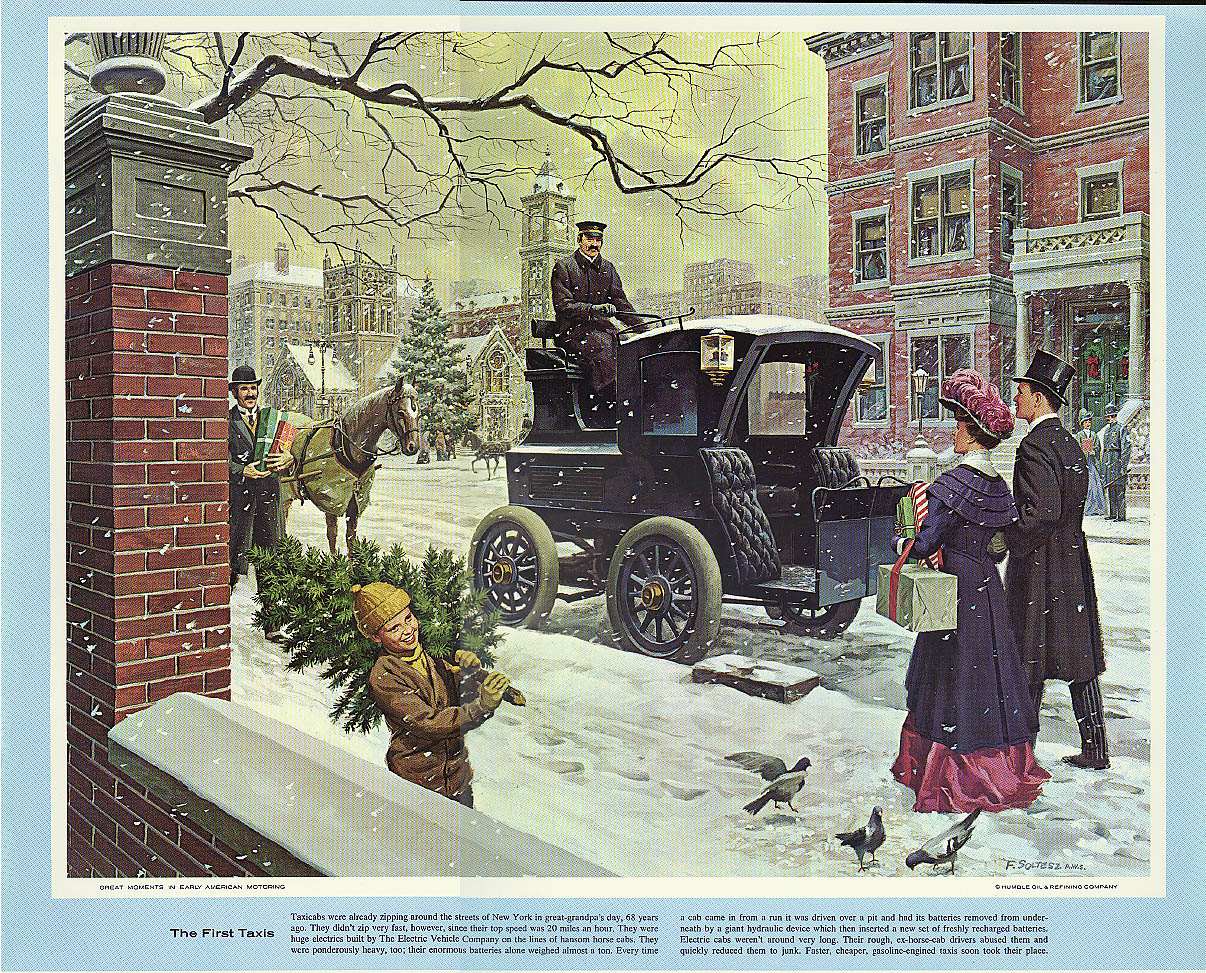FedoraFan112390
Practically Family
- Messages
- 646
- Location
- Brooklyn, NY
I just recently watched an episode of the Twilight Zone, called The Trouble with Templeton, about an aged theater star of the 1920s living an unhappy, unfulfilled life in 1960. Like quite a few characters who stay in the Twilight Stones' vignettes, this character longs to go back to a happier time in his life - for this particular protagonist, the year is 1927.
In another episode, The Sixteen Millimeter Shrine, there is a faded starlet of the 1930s who, now in her middle age, is obsessed with the past, watching the films of her heyday, wishing and longing to be back there - back in the good old 1930s, when she was a much wanted beauty, surrounded by handsome leading men.
My question is thus to you, do we have any idea what the major stars of the 1920s-1930s thought of the (comparative to the 1920s-1930s) faster pasted, banal, thin collared and single breasted, Rock N' Roll fueled Eisenhower-Kennedy years?
In another episode, The Sixteen Millimeter Shrine, there is a faded starlet of the 1930s who, now in her middle age, is obsessed with the past, watching the films of her heyday, wishing and longing to be back there - back in the good old 1930s, when she was a much wanted beauty, surrounded by handsome leading men.
My question is thus to you, do we have any idea what the major stars of the 1920s-1930s thought of the (comparative to the 1920s-1930s) faster pasted, banal, thin collared and single breasted, Rock N' Roll fueled Eisenhower-Kennedy years?
